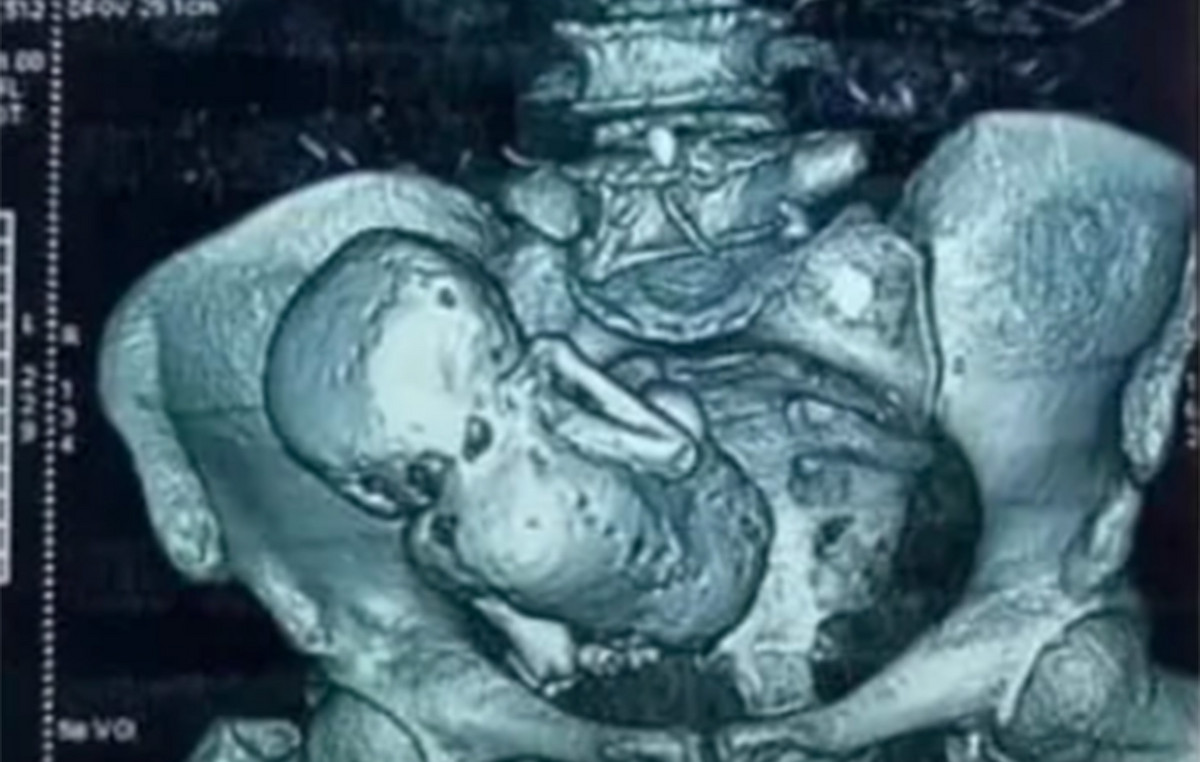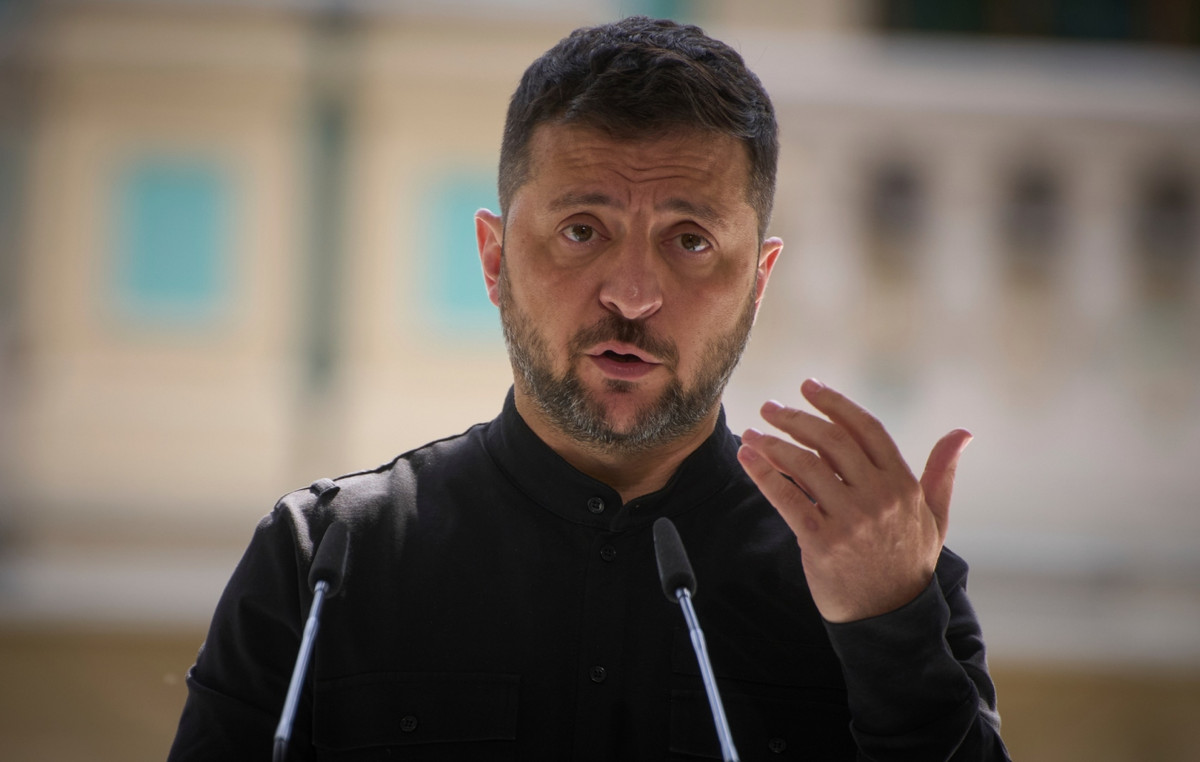The Justice of Argentina scheduled for this Tuesday (6) a hearing to announce the verdict on the trial of the vice president of the country, Cristina Kirchner. She is accused of criminal association and administrative impropriety.
The Public Ministry asked, in August, 12 years in prison for Cristina for allegedly heading an association that committed fraud while during the period in which Cristina was president of Argentina, between 2007 and 2015. If convicted, she may appeal.
It has also been requested that she cannot hold public office for the rest of her life.
The former president denies the accusations and says they are part of a persecution against her and the political project she represents. In her words, she points out that she is not “before a Constitutional court, but before a media-judicial firing squad” and that the sentence against her is already written.
Understand the complaint
The Argentine Public Prosecutor’s Office claims that, together with several former employees of her government, Cristina Kirchner directed millionaire contracts for road works that, according to the complaint, were incomplete, overpriced and would also be unnecessary.
The complaint deals specifically with 51 road tenders in the province of Santa Cruz, where her late husband, former president Néstor Kirchner, was from, and where both developed a good part of their professional and political careers before jumping to the national scene.
In this accusation, there is another fundamental figure: Lázaro Báez, former partner of the Kirchner couple. Prosecutors point to him as the main beneficiary of this alleged fraud. Thirteen people are accused in the case, including the vice president.
Báez was sentenced in 2021 to 12 years in prison on money laundering charges between 2003 and 2015.
constitutional immunity
The vice president is protected by the same constitutional immunity as the president, whereby she cannot be imprisoned unless impeached.
In other words, she would not go to jail even if the Court of Justice gave the green light to the arrest warrant. That would only happen if two thirds of the Chamber of Deputies indicted her and the same proportion of senators found her guilty for her to remain at the disposal of Justice.
If not convicted, she will be in a position to run for an elective office in the 2023 elections, such as, for example, senator, deputy or again for the presidency of the country. In any of these new positions, she would again be protected by constitutional privileges.
Possible presidential pardon
The Argentine Constitution establishes that the president “may pardon or commute sentences for crimes of federal competence”, except in cases where the denunciation is from the Chamber of Deputies.
President Alberto Fernández has already referred to this specific point. In 2019, when he was a candidate, he categorically ruled out the possibility of pardoning his current deputy. “If some idiot is thinking I’m going there [à Presidência] to forgive someone, they are stupid”, he said in an interview with Telenoche.
Fernández, however, classified the Prosecution’s request as judicial persecution and published a statement with his peers in Mexico, Colombia and Bolivia in which they assured that the persecution aims to “remove Cristina Fernández de Kirchner from public, political and electoral life”.
*published by Tiago Tortella, from CNN
*with information from CNN in Spanish
Source: CNN Brasil
Bruce Belcher is a seasoned author with over 5 years of experience in world news. He writes for online news websites and provides in-depth analysis on the world stock market. Bruce is known for his insightful perspectives and commitment to keeping the public informed.







